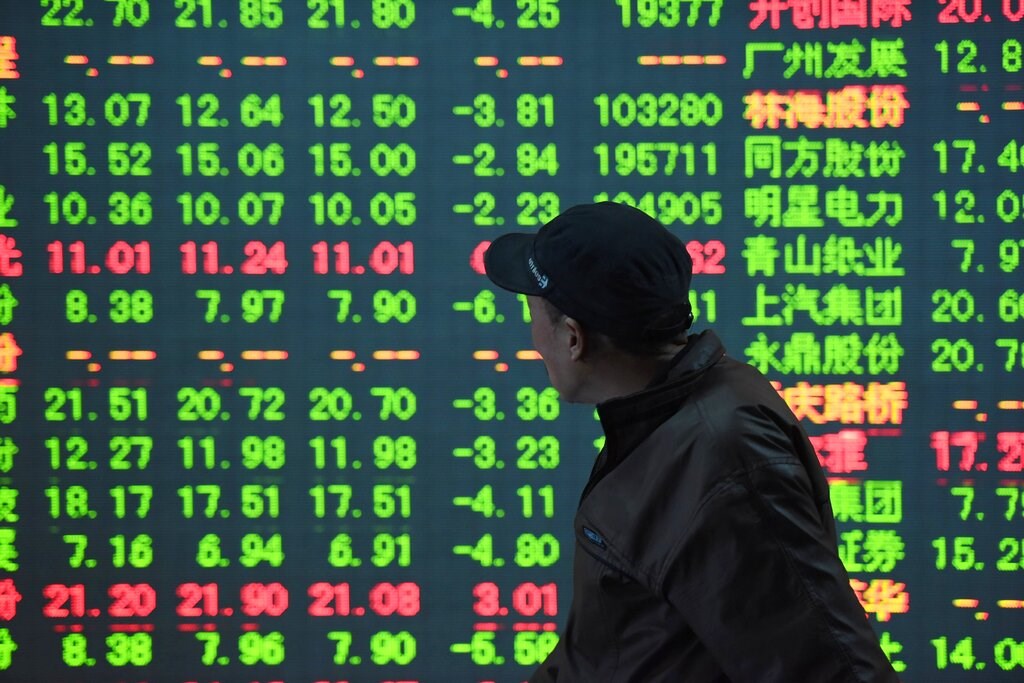
Investors are worried about income, especially with the snares of inflation trending higher. One way to get income is to invest in dividend-rich funds. If you’d like to consider these, read on.
Where Do Dividends Come From?
Before we try to figure out which companies will grow dividends, we need to understand where dividends come from. By paying dividends, companies share profits with shareholders and incentivize them to hold on to the stocks. Only profitable and financially healthy companies are able to pay out part of their cash stream to shareholders on a regular basis without taking away investment opportunities for future growth.
In the case of a dividend yield, investors should assess the potential for growth in the dividend over time, and, indeed, the sustainability of the dividend, which means having a view of the prospects for the continued success of the underlying business, says Michael Keaveney, Head of Investment Management at Morningstar Canada. The companies that the potential for growth in the dividend over time are dividend growers.
Companies with a lower yield at present, but a good record of growing the dividend, and good prospects for continued growth in the business may well be the higher dividend companies of the future. Companies with a high dividend yield currently, but no signs of growth, may be in a stage of development where future dividends don't keep up with inflation or, in the worst-case scenarios, could be in jeopardy, Keaveney said.
In other words, earnings and business outlook are some of the important variables on a company’s dividend. Dividend growers would typically be stocks that possess a solid and ever-improving operational performance.
Which names in Asian equity markets are the typical growers? Taiwan Semiconductor Manufacturing Co. (TSM) and Tata Consultancy Services (TCS), both with wide economic moat, are examples.
According to Morningstar equity research, TSMC’s dividend per share has increased for six consecutive years with a payout ratio of around 50%, despite the industry’s cyclicality and heavy investments needed. Similarly, since 2011, Tata’s consistent revenue growth has supported a compounded annual dividend growth rate of 50%.
Medalist Fund Capturing Growers
While many investors do not where to start with individual stocks, we asked our Hong Kong-based manager research analyst Samuel Lo to handpick a fund investing in stocks with expected dividend upside.
Silver-rated Schroder Asian Equity Yield is a ‘best-in-class option’, according to Lo, when compared to others in the Asia Pacific Equity Income category. The fund earns the top rating for its fund management process and team and comes with a robust long-term track record.
As of June 1 2021, the clean C Acc USD share class achieved a 7.11% annualized return on a 10-year basis, beating the category benchmark MSCI AC Asia Pacific ex Japan High Dividend Yield index by 481 basis points.
The portfolio consists of 35-65 stocks which are categorized into one of the three: Stock that invests in stocks that pay a steady dividend, that are expected to increase dividends, and with a payout ratio increase more than market expectation. They have contributed to an average of 4.2% portfolio yield over the past three years.
So far in 2021, a mixed and uncertain recovery process has led to a more volatile market environment, making equity gains more difficult to earn than in 2020. The equity dividend strategy has a track record in flattening volatility. Lo says: “In general, a dividend element in portfolio rules out part of the market volatility as the regular stream of cash provides a cushion in the event of a downturn.”
“Moreover, dividend ‘cows’ (stocks with highly stable and visible dividends) and growers outperform in bull or bear markets, respectively. This is what makes a fund durable throughout market cycles while volatility across cycles can also be reduced. This is proven in Schroder’s portfolio as its standard deviation of returns has trended below the index and the peer group,” says Lo.
Choosing a Right Fund
Finally, Lo has a reminder for investors searching for dividend funds.
“Dividend funds don’t necessarily distribute the stock dividends. It's an investment strategy to invest in stocks that pay dividends. Managers may retain the dividends earned and accumulate them in the funds. Investors should always refer to each fund’s memorandum for the relevant information.”
Also, despite the shared dividend theme, he reminds investors will find stark differences between one fund and another. Indeed, from a sector perspective, dividend funds generally show a fairly clear preference for stocks in defensive sectors, such as consumer staples or healthcare. But the fund holdings are ultimately down to the stock selection results driven by a different management team and investment process. “Selective remains an important rule in choosing the right funds that express your investment opinion.”
©2021 Morningstar. All rights reserved. The information, data, analyses and opinions presented herein do not constitute investment advice; are provided as of the date written, solely for informational purposes; and subject to change at any time without notice. This content is not an offer to buy or sell any particular security and is not warranted to be correct, complete or accurate. Past performance is not a guarantee of future results. The Morningstar name and logo are registered marks of Morningstar, Inc. This article includes proprietary materials of Morningstar; reproduction, transcription or other use, by any means, in whole or in part, without prior, written consent of Morningstar is prohibited. This article is intended for general circulation, and does not take into account the specific investment objectives, financial situation or particular needs of any particular person. Investors should consult a financial adviser regarding the suitability of any investment product, taking into account their specific investment objectives, financial situation or particular needs, before making any investment decisions. Morningstar Investment Management Asia Limited is licensed and regulated by the Hong Kong Securities and Futures Commission to provide investment research and investment advisory services to professional investors only. Morningstar Investment Adviser Singapore Pte. Limited is licensed by the Monetary Authority of Singapore to provide financial advisory services in Singapore. Either Morningstar Investment Management Asia Limited or Morningstar Investment Adviser Singapore Pte. Limited will be the entity responsible for the creation and distribution of the research services described in this article.












.png)


.jpg)





